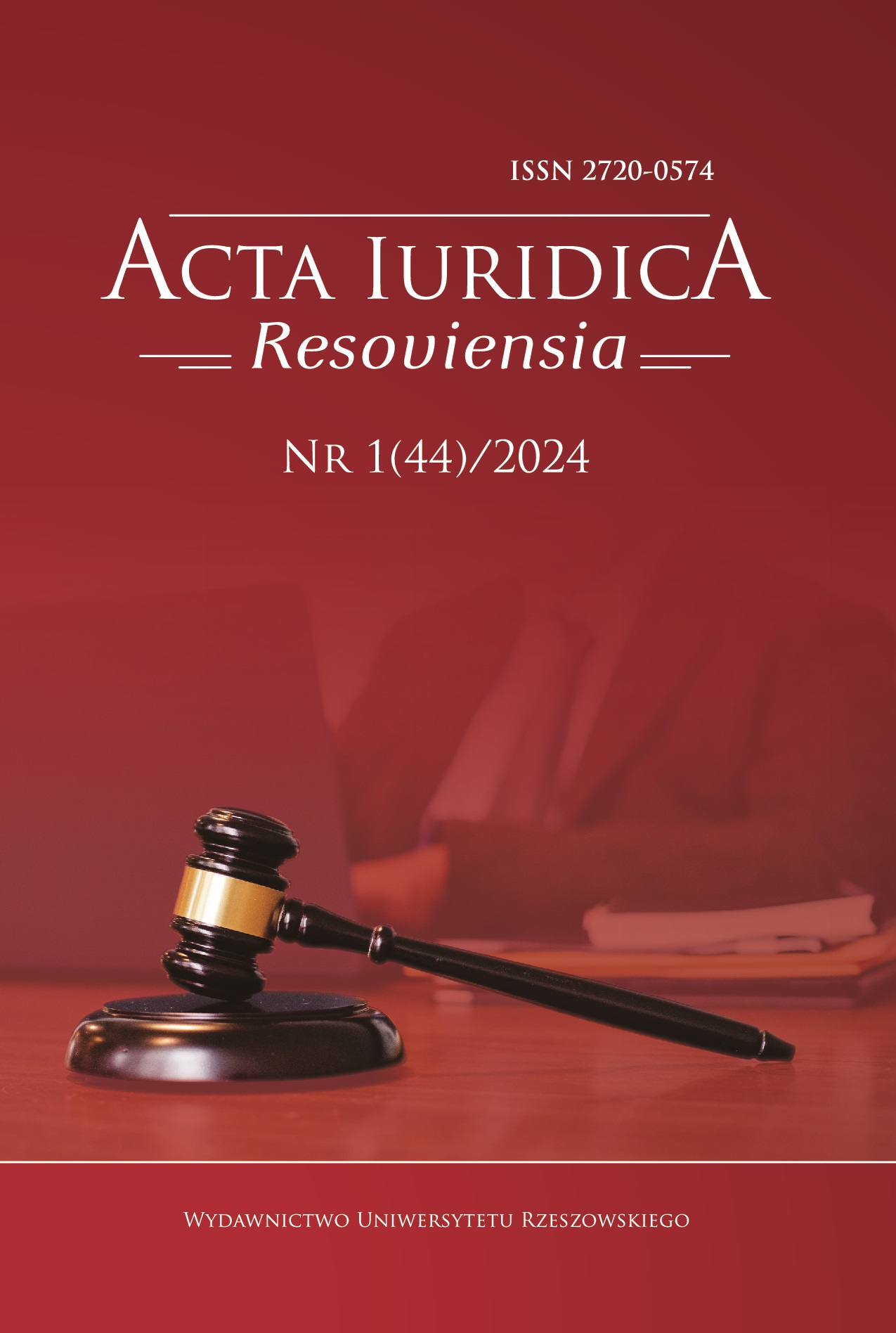Conducting observation by licensed detectives using a GPS tracker to obtain information (undisclosed to the object of the investigation) about the location of a person and their chosen route – a (not only) criminal law study
DOI:
https://doi.org/10.15584/actaires.2024.1.11Keywords:
criminal law, detective, GPS tracker, operational and reconnaissance activitiesAbstract
This article is a study into, among others, criminal law aspects of the problem of using a GPS tracker by a licensed detective during a secret observation in order to obtain information about the location and movement of a person. The analysis of this problem was carried out through the prism of selected provisions of the Act on detective services and the Penal Code as well as the essence of operational and reconnaissance activities and other facets. According to the author, such cases should be considered in terms of committing a crime by the perpetrator specified in Art. 45 of the Detective Services Act and Art. 267 § 3 Penal Code. The author also emphasizes that it is possible to apply a cumulative legal qualification consisting of the above-mentioned legal provisions.
Downloads
Downloads
Published
Versions
- 2024-07-09 (2)
- 2024-03-28 (1)
How to Cite
Issue
Section
License
Copyright (c) 2024 Acta Iuridica Resoviensia (formelry: The Scientific Journal of the University of Rzeszow, Law Series)

This work is licensed under a Creative Commons Attribution-NonCommercial-NoDerivatives 4.0 International License.

